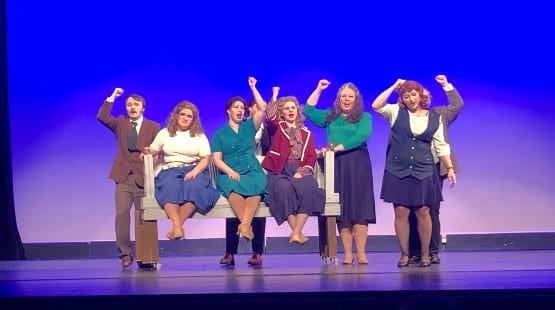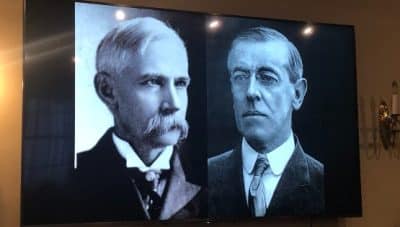
Airbnb
For instance, the Airbnb bill came up in the form of competing bills introduced by Senator Jill Vogel of Fauquier and Senator Bill DeSteph of Virginia Beach. TheDeSteph bill was eventually referred back to committee and basically killed. Although I voted against the Vogel bill, the bill passed.
I do not disagree with the concept of Airbnb. Private individuals should be able to rent out spare rooms, or spare houses, through an internet platform. My grandmother rented out rooms for many years to earn a few bucks. The form this legislation was taking, however, was large scale renting of private rooms to compete with hotels, motels, bed and breakfasts, and inns that have played by the rules under existing local zoning rules and paid the appropriate taxes. I voted no because in the hour or two I had to consider the final bill, I was not convinced that it put the Airbnb, and other similar companies, on equal footing with the existing hospitality industry.
In addition, the bill included language preempting local governments from banning or restricting private homes for use as an Airbnb and limited significantly their authority to place additional requirements when a private home is used in this way. While I understand we need to find a way to embrace some of our emerging economies, this language was far too restrictive on our localities. Local governments throughout the Commonwealth have attempted to develop strategies, ranging from prohibition to various levels of regulation.
I hope the legislation improves as it works its way through the process, or my understanding of the ramifications of the bill changes so that I can support this new technology and innovation in our economy.
Capital Outlay
Another example arose in the capital spending bill. The General Assembly passes legislation every session that covers improvements at our state parks, public colleges and universities, and other public buildings. The bill is essential to allowing us to move forward and keep up with the constant demands on our infrastructure. I voted no for reasons both parochial and general.
Unlike the Governor’s introduced capital improvement spending plan, which was co-sponsored by the two chairs of the Senate Finance Committee, Senators Hanger and Norment, this bill did not include any acquisition funds for the Department of Conservation and Recreation. Those funds would purchase lands for parks and natural areas. One of the budget amendments I introduced would have acquired land for the creation of a state park in Highland County. I am convinced that a state park in the County would transform the economy by creating a destination point and a catalyst for economic growth. The beautiful and unique natural resources available should be preserved and enjoyed by all Virginians. I assumed Senator Hanger’s position would help me to establish this park. Indeed, I believe he is committed to the idea but compromise within the subcommittee and with the House of Delegates killed the idea for the year.
Likewise, compromises removed funding the Governor included for the development of parks in Albemarle and Stafford Counties, Biscuit Run and Widewater. The development of those parks came with an $80 million price tag. People in both areas have honestly believed that the parks would be improved so that Virginians can begin enjoying these public lands. I voted no in part because of the removal of this funding, but I am hopeful the issue will be revived in a more traditional phasing in development process. The bill also eliminated funding for projects at Douthat, Pocahontas, and other state parks. I disagree with the priorities set by the Finance Committee as envisioned in these proposals. Nonetheless, the bill contains funding for many important things, and my no vote should not be seen as a vote against the individual projects contained in the bill.
Budget
The most time consuming and important task the legislature faces every year is to finalize the biennial budget (Senate Bill 30 and House Bill 30). In long sessions, we also pass the caboose bill (SB 29 and HB 29), which adjusts the budget for the remaining months of our current fiscal year. The Governor presented his budget proposal in December. On Sunday, the Senate Finance and House AppropriationsCommittees will be releasing their committee reports highlighting amendments to the Governor’s introduced budget. Those reports and other information about the budget can be found here.
The Senate and House of Delegates will vote on those proposals on Thursday. I have heard from many constituents in support of funding for various issues, ranging from teacher salaries and preschool funding to wildland firefighting equipment and additional Medicaid waiver slots for people with intellectual or developmental disabilities. Although I do not serve on the Finance Committee, I have done what I can to influence the process. I look forward to reviewing the Senate’s proposal over the weekend.
It is an honor to serve you in the Senate of Virginia. If I may be of assistance, or if you wish to share your thoughts with me, please contact me at[email protected] or (804) 698-7525. The Senate has over 500 bills yet to consider that crossed over from the House of Delegates, so much work remains. I look forward to hearing from you.
Creigh Deeds is a member of the State Senate of Virginia.










